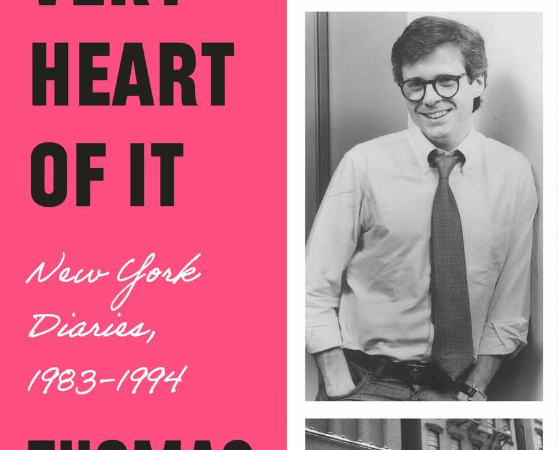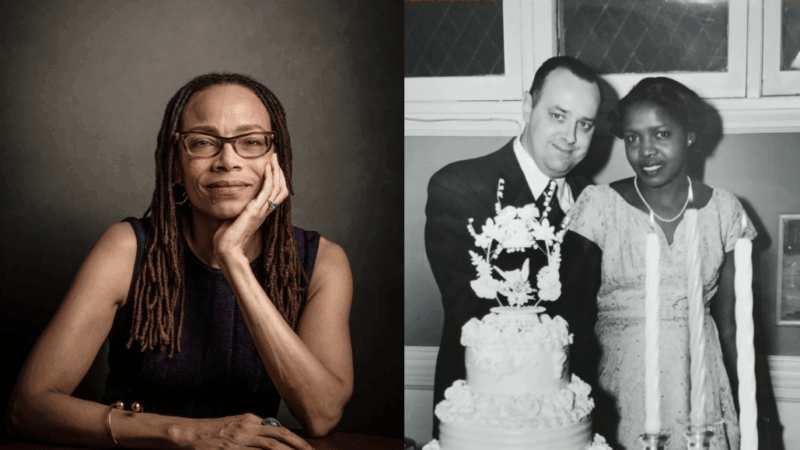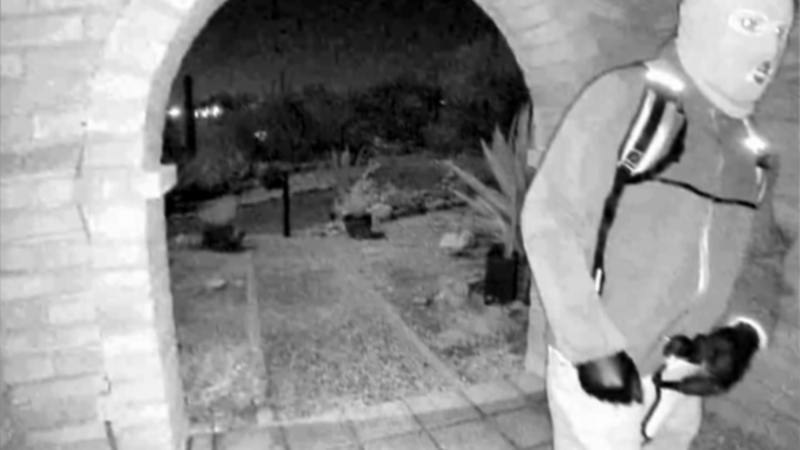Thomas Mallon’s NYC diaries get to the ‘Very Heart’ of the AIDS crisis
I was “living my twenties in my thirties,” Thomas Mallon says of his life in New York during the 1980s. What he means is that it took this nice politically conservative Catholic boy a while to come out to himself as a gay man and to be sexually active.
And, then, the brutal irony: Even as Mallon finds the courage to move out of Poughkeepsie, while he continues to teach at Vassar, and rent a place in the city to embrace all the possibilities New York can offer, AIDS is decimating the gay population. Here’s an entry from June “Pride Month” of 1985, where Mallon, drinking in a bar, also stands apart and thinks of the moment he’s in:
I had never seen the gay bar so packed. … People were celebrating, forgetting about AIDS for a night — dancing vs. death & some of them probably going home to exchange more death. I remember the news of the Stonewall riot; the week I was graduated from high school. I remember … thinking — knowing fearfully — that it had something to do with me. …
[E]ven with AIDS around I have to feel we’re lucky. If I’d been born 20 years earlier my life might have been a miserable lie. Other people have fought my battles.
I’ve loved Thomas Mallon’s writing ever since I reviewed Henry and Clara, his 1994 novel about the young engaged couple who shared the Lincoln’s box at Ford’s Theatre on that fateful night in 1865. Throughout a career spanning seven works of nonfiction and 11 novels — almost all of them historical, including Fellow Travelers, his McCarthy-era novel that was made into a Showtime series two years ago — Mallon has managed to capture the all of it: the tragic and mundane, the petty and comically absurd lurking in even the weightiest moments of the past.
Turns out that all along in his diaries, Mallon was simultaneously doing the same for his own life and times. Even in entries for spring of 1984, when testing positive for AIDS was largely regarded as a death sentence and Mallon is mourning the death of a beloved whom, he fears, may have infected him, his wit refuses to wither away. Here, for instance, is an entry about a movie date:
We saw The Bounty, a very good, morally complicated movie. All day I’d been making bargains with God; just let me live and I’ll be content with work and writing and friendship — I’ll retire from sex forever. Then I saw Mel Gibson on the screen and thought: this isn’t going to be easy.
In addition to being a real-time threnody to AIDS and its victims, as well as a love letter to a New York where the Runyonesque waitress in the local coffee shop will call him “Cookie” and a walk can include sightings of Greta Garbo and Jackie Kennedy, The Very Heart of It is also a portrait of an artist trying to break free of his day job.
Mallon moves into the city not only to find love, but to pursue his dream of eventually quitting teaching and becoming a full-time writer. His entries about life at Vassar constitute the stuff of academic farce: the visiting Susan Sontag is “a thumping bore”; the English Department’s building is “an odd little Gothic place … surrounded by its own self-generated atmosphere, like a poison gas”; and grading a student’s tedious paper is “Like diving into a dirty swimming pool.”
By the final journal entries here in the early ’90s, much of Mallon’s professional and personal life has come together — including finding the love to whom this book is dedicated. Like their close cousin, the memoir, journals are most engrossing when uncertainty is still in the air; when the subject is just setting out to become who they want to be. So it is that in a poignant entry for May of 1985, Mallon writes:
The paper … had a particularly frightening article about AIDS. Sometimes I think I’m walking into the future on nerve alone, sure at some small spot inside that God & destiny will protect me from the bullets.
Mallon is well aware he’s one of the lucky ones and his life’s great luck is also ours, his readers.
Top 5 takeaways from the House immigration oversight hearing
The hearing underscored how deeply divided Republicans and Democrats remain on top-level changes to immigration enforcement in the wake of the shootings of two U.S. citizens.
Snowboarder Chloe Kim is chasing an Olympic gold three-peat with a torn labrum
At 25, Chloe Kim could become the first halfpipe snowboarder to win three consecutive Olympic golds.
Pakistan-Afghanistan border closures paralyze trade along a key route
Trucks have been stuck at the closed border since October. Both countries are facing economic losses with no end in sight. The Taliban also banned all Pakistani pharmaceutical imports to Afghanistan.
Malinowski concedes to Mejia in Democratic House special primary in New Jersey
With the race still too close to call, former congressman Tom Malinowski conceded to challenger Analilia Mejia in a Democratic primary to replace the seat vacated by New Jersey Gov. Mikie Sherrill.
A daughter reexamines her own family story in ‘The Mixed Marriage Project’
Dorothy Roberts' parents, a white anthropologist and a Black woman from Jamaica, spent years interviewing interracial couples in Chicago. Her memoir draws from their records.
FBI release photos and video of potential suspect in Guthrie disappearance
An armed, masked subject was caught on Nancy Guthrie's front doorbell camera one the morning she disappeared.






